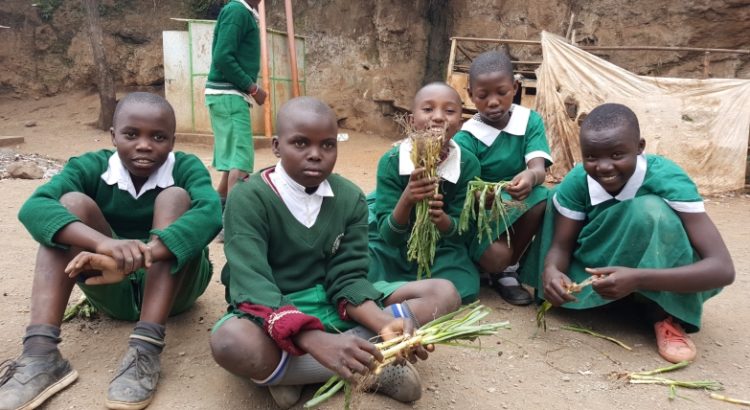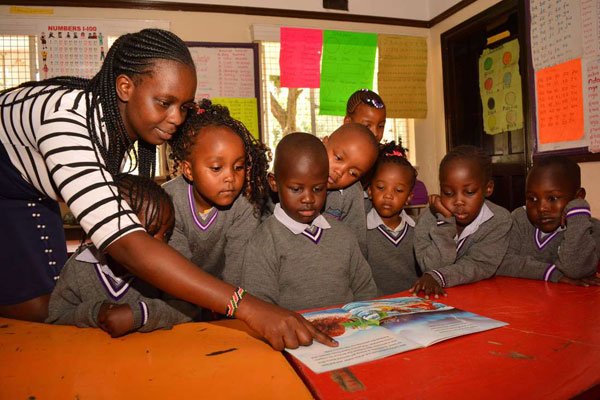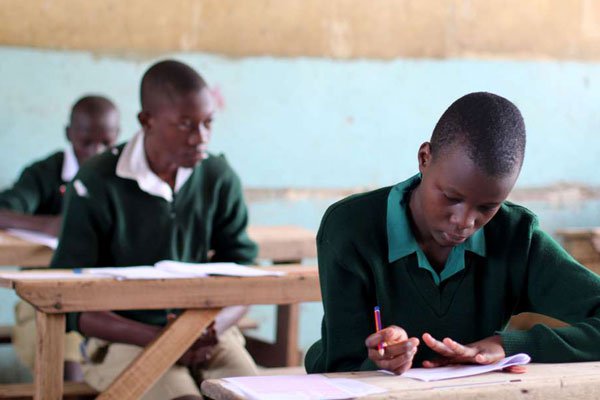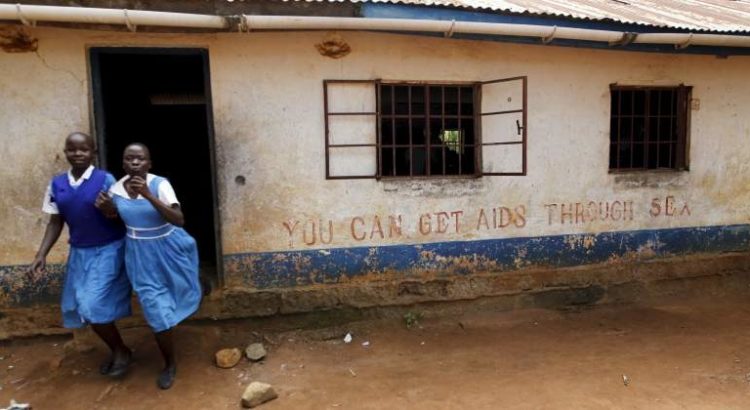Kenia / 20 de septiembre de 2017 / Por: OUMA WANZALA / Fuente: http://www.nation.co.ke/
It will now be easier to identify students in universities after a number of the institutions rolled out a biometric registration of the learners this month.
Jomo Kenyatta University of Agriculture and Technology, University of Nairobi and Maasai Mara University are among the institutions that registered first year students biometrically in compliance with a directive from the government last year.
Some 88,626 students were placed in 59 universities. A total of 71,089 students joined 31 public universities while 17,368 others have joined private institutions.
The institutions admitted the students last week for the start of their academic year.
Most universities cited cost implications for the delay in the implementation of the directive.
TERROR THREATS
The move to register students biometrically was due to terror threats after it emerged that university students were easy targets of terror networks.
University of Nairobi Vice-Chancellor Peter Mbithi said new students had been registered biometrically. However, Prof Mbithi did not disclose the cost implication.
Moi University Vice-Chancellor Laban Ayiro said the institution had put in place modalities to register the students biometrically. “The launch will be held next week through a local bank,” said Prof Ayiro.
According to the directive from the government, universities were required to develop a functioning electronic register of all students registered by the respective university and college.
Mount Kenya Vice-Chancellor, Prof Stanley Waudo, said the institution had embraced the technology.
BIO DATA
USIU-Africa Principal Marketing and Communications Officer Jackie Chirchir said: “USIU-Africa has a biometric registration system in place which was launched in 2008 and upgraded in 2013.”
Higher learning institutions were also to capture bio data for students living in the institutions’ hostels.
Commission for University Education Chairman Chacha Nyaigoti Chacha said he hoped all universities will comply with the directive.
At the same time, university lecturers have written to their employer asking it to implement new salary scales or face industrial action.
Universities Academic Staff Union (Uasu) Secretary-General Constantine Wasonga said lecturers will down their tools if their pay demands are not met by the end of this month.
“We want the new salary structure to be effected without delays,” said Dr Wasonga. “Uasu is deferring giving a strike notice to grant the university councils an opportunity to urgently streamline matters.”
Fuente noticia: http://www.nation.co.ke/news/education/Varsities-start-biometric-registration-of-students-/2643604-4094656-98mic8/index.html














 Users Today : 81
Users Today : 81 Total Users : 35403918
Total Users : 35403918 Views Today : 95
Views Today : 95 Total views : 3333341
Total views : 3333341